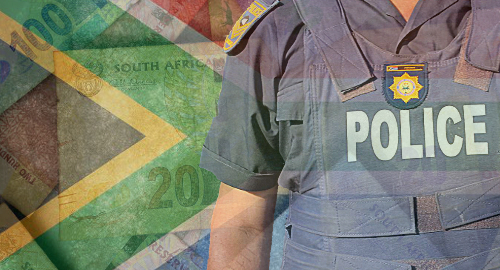 South African authorities are making good on their vow to confiscate the winnings of gamblers who play on unauthorized online gambling sites.
South African authorities are making good on their vow to confiscate the winnings of gamblers who play on unauthorized online gambling sites.
Last year, South Africa released its new National Gambling Amendment Bill, which seeks to amend the National Gambling Act 2004 to reinforce prohibitions against online gambling anywhere except locally licensed sports- and race-betting sites.
On Saturday, the Department of Trade and Industry (DTI) announced that it had confiscated around R1.25m (US $97k) following “unprecedented court proceedings” against several gamblers who generated “unlawful winnings” via international online gambling sites.
The DTI warned punters engaging in illegal online activity that they would be “unable to receive their winnings and would expose themselves to criminal prosecution.” In addition to losing their winnings, anyone caught gambling online illegally – either from their home or from public venues such as internet cafes – could face fines of up to R10m.
These types of announcements could come more frequently if the DTI is successful in seeking to eliminate the requirement for the government to obtain a High Court order to confiscate illegal online gambling winnings. Banks have already agreed to cooperate with the authorities in confiscating suspected online gambling winnings.
South Africa’s National Gambling Board (NGB) released its own statement saying it was “encouraged by the judiciary system in considering gambling-related manners.” Without offering specifics, the NGB noted that a High Court judgment in Gauteng province had been issued “in favor of a licensed gambling operator prohibiting an illegal gambling operator from offering illegal online gambling.”
Opposition party legislators have made repeated attempts to liberalize South Africa’s online gambling market by broadening both the scope of online products and the number of online operators, but these efforts have failed to sway the government’s protectionist mindset.






